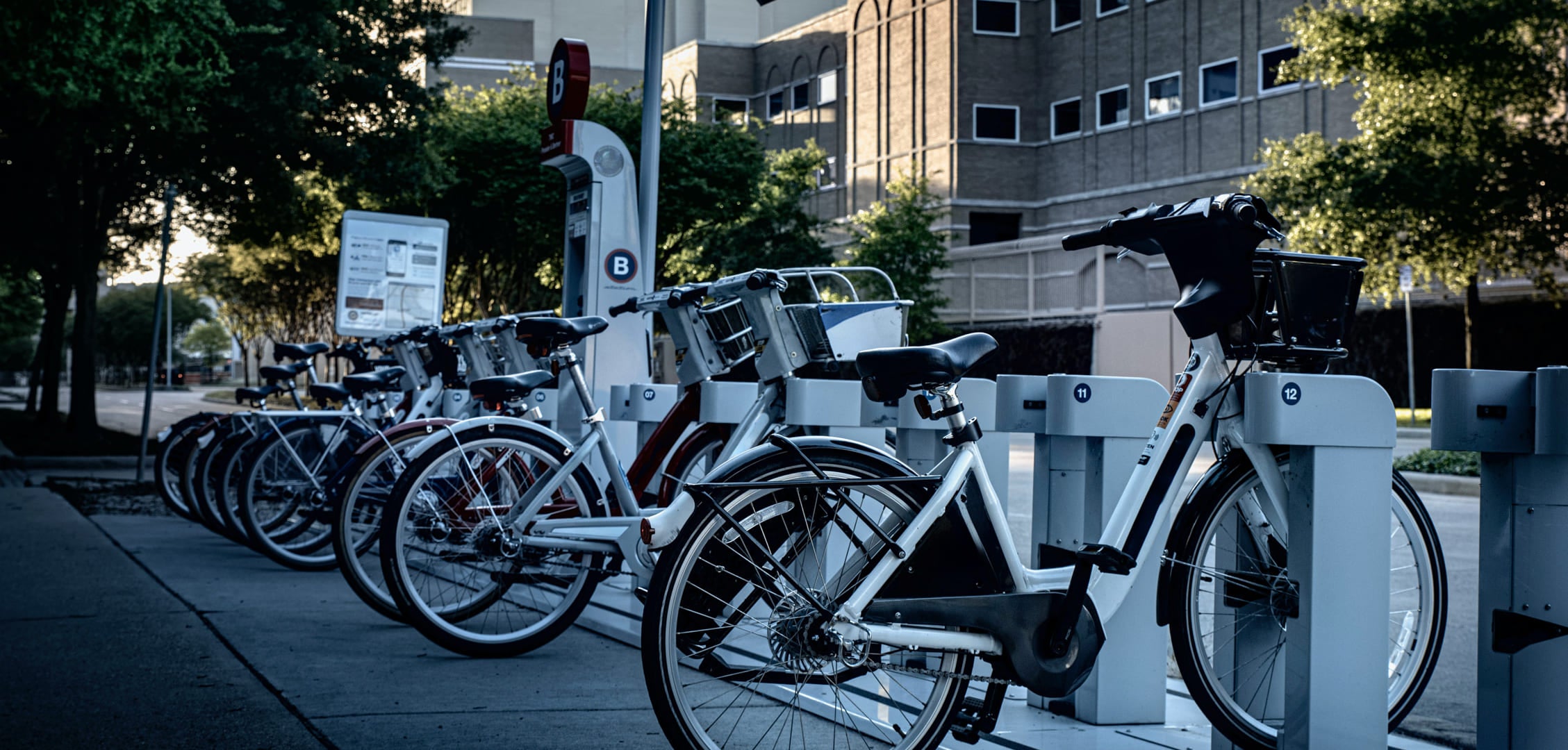The E-Bike and E-Scooter Conundrum: Navigating Bans and Regulations in 2023

In 2023, electric bicycles and e-scooters witnessed unprecedented growth in ridership. However, this surge in popularity has been accompanied by an increase in regulations, including some notable bans. This article examines these developments and their implications for the future of urban mobility.
New York City's Safety Measures
One of the year's major regulatory shifts occurred in New York City, where a ban on the sale of electric bikes lacking UL-compliant batteries was implemented. Triggered by a series of dangerous fires attributed to substandard e-bike batteries, the city provided a six-month grace period before enforcing the ban. In response, manufacturers like Rad Power Bikes quickly introduced UL-compliant batteries to adhere to the new requirements.
Paris: From E-Scooters to E-Bikes
In Paris, a referendum to ban shared electric scooters resulted in a surprising turn of events. Although the ban was supported by a significant margin, it was marked by low voter turnout. Interestingly, the ban led to an unexpected surge in shared dockless electric bike usage, which more than doubled compared to levels before the e-scooter ban. This shift highlights the adaptability of urban riders when faced with changing regulations.
Burning Man's E-Bike Dilemma
The iconic Burning Man festival, known for its reliance on bikes due to vehicle restrictions, faced challenges with electric bikes. Concerns over e-bike riders exceeding the 5 mph speed limit and causing safety issues prompted the festival organizers to consider banning e-bikes. This potential ban reflects the broader need for responsible e-bike usage, especially in pedestrian-heavy environments.
Campus Clamps Down on E-Bikes and E-Scooters
Many colleges and universities also introduced bans on e-bikes and e-scooters, primarily due to fire risks associated with poor-quality batteries. Unlike NYC's regulatory approach, these educational institutions opted for outright bans, significantly impacting students who rely on these modes of transportation for their mobility needs.
Looking Ahead: Integration Over Exclusion
Despite these setbacks, e-bikes continue to grow as a primary mode of transportation globally. As we approach 2024, the focus should perhaps shift from imposing bans to finding ways to safely and effectively integrate e-bikes and e-scooters into our urban landscapes. This approach would address the growing demand for sustainable transportation while ensuring safety and harmony in shared spaces.
The rise in e-bike and e-scooter ridership, coupled with the challenges and bans of 2023, underscores a pivotal moment in urban transportation. It highlights the need for balanced policies that promote safety and innovation, ensuring these eco-friendly vehicles continue to be a part of our evolving mobility ecosystem.